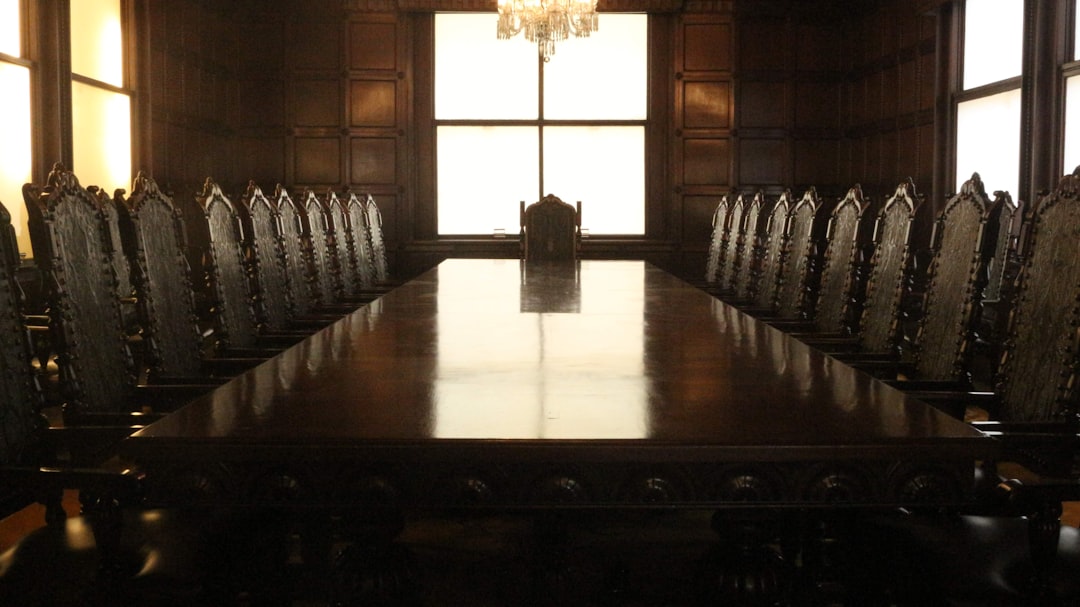What is it about?
This article shows that a Hegelian spirit pervades The Cairo Trilogy by examining two landmarks: the flow of time and the relationships between men and women. Maḥfūẓ seems to echo Hegel’s idea that the effect of time and history on society is different than, and even sometimes contrary to, the sum of their effects on individuals. But Maḥfūẓ does not follow Hegel in depriving women of a role equal to men's in changing the social norms.
Featured Image
Why is it important?
Maḥfūẓ seems to understand the master-slave dialectic in a Marxian way more consistent than Hegel's own use of it. Hegel and conservative Islam view women as distinguished from and inferior to men by nature, while Maḥfūẓ represents a modern open-minded non-discriminating attitude.
Read the Original
This page is a summary of: The Shadow of Hegel inThe Cairo Trilogy, Middle Eastern Literatures, January 2014, Taylor & Francis,
DOI: 10.1080/1475262x.2014.903042.
You can read the full text:
Contributors
The following have contributed to this page










